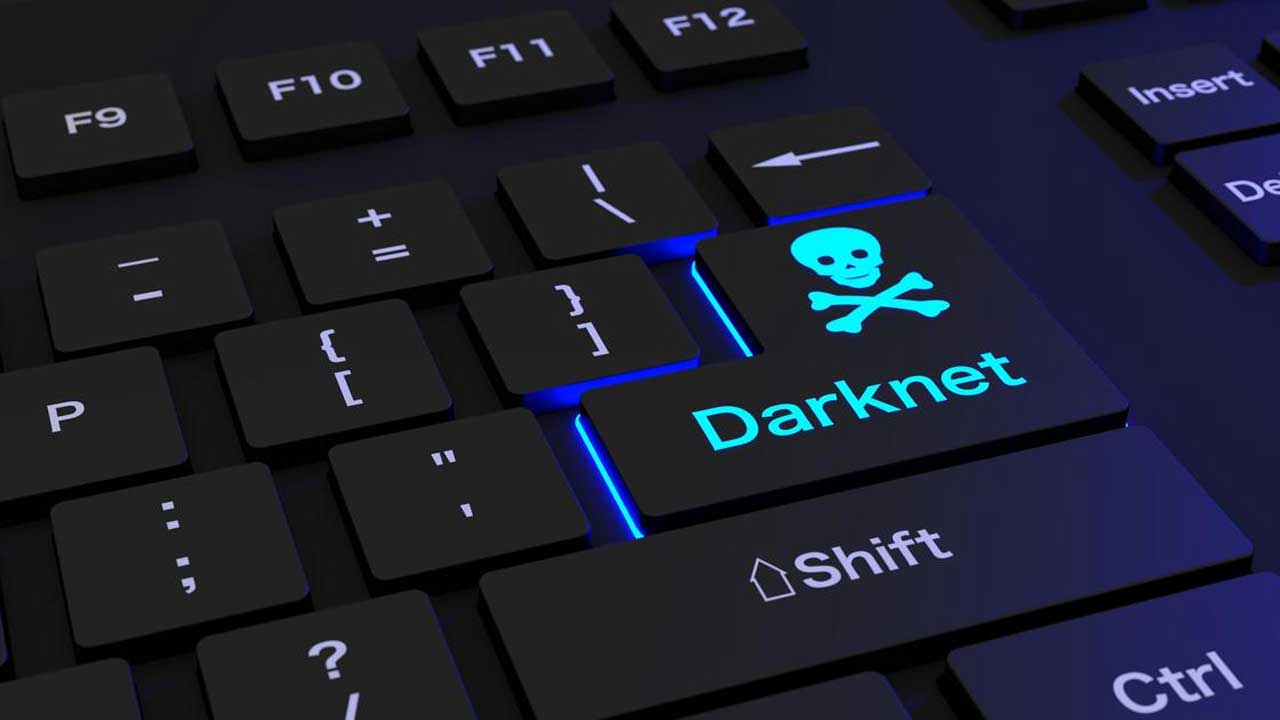SPARTA, Ill. – A Randolph County man is heading to federal prison today after years of downloading
and sharing child pornography on the dark web. Kory R. Schulein, 37, of Sparta,
Illinois, was sentenced this afternoon to 151 months in prison for knowingly receiving child
sexual abuse material over the internet. Schulein pled guilty to the charge in April.
According to court documents, Schulein first came to the attention to law enforcement in 2018
during an FBI investigation of child pornography on the dark web. Agents were able to track his
internet protocol address and executed a federal search warrant at his home. Schulein served as a
moderator of a dark web site dedicated to child exploitation and had been an active participant on
other sites. Prosecutors told the court that on one of the sites, Schulein had posted 13,733
messages, many of which included links to child exploitation images and videos. Schulein also
collected and stored over 9,000 images and videos of child sexual abuse material on an encrypted
hard drive.
In handing down the sentence, which fell at the low end of the advisory sentencing guidelines,
United States District Judge Stephen P. McGlynn observed that the guidelines called for a lengthy
sentence “because of the colossal and immensely harmful impact” child pornography has on children.
Schulein was unemployed and had for years actively participated in online forums where he
interacted with people who were producing child pornography. Judge McGlynn noted that some of the
images and videos collected by Schulein depicted children in bondage and adults raping children,
including 5- year-old girls and toddlers. “You must have felt no mercy or empathy for these
children you were watching being humiliated and tortured,” McGlynn told the defendant.
During the sentencing hearing, prosecutors also submitted evidence that Schulein had engaged in an
online “romantic relationship” with an 11-year-old girl in the United Kingdom. Judge McGlynn called
Schulein’s involvement with the girl “classic grooming behavior.”
Some victims of the child pornography that Schulein received and shared with others
submitted statements to the court. In their statements, they describe how impossible it is for them
to live any semblance of a normal life while images of their sexual abuse are traded online. “Every
time someone views this trash,” one survivor wrote, “he is once again making me re-live the most
horrific part of my childhood. I can never truly heal….” The mother of another victim
wrote: “Thousands upon thousands of people, all over the world have access to images of our
little girl during her darkest days…. A person can download her image, create their own child
pornography movie, share it with
other monsters, or keep it for themselves to continually exploit our daughter in their own private
bedroom.” Knowing that her abuse is memorialized on the internet for people like the defendant to
view and share forever “will shatter her soul,” the victim’s mother wrote.
As part of his sentence, Schulein was ordered to serve 10 years on supervised release and pay a
$5,000 special assessment. He previously paid $12,000 in restitution to several of the victims.
The case was investigated by FBI-Springfield, with valuable assistance provided by the U.S.
Marshals Service.
Trial Attorneys Jessica Urban and Alicia A. Bove of the Criminal Division’s Child Exploitation and
Obscenity Section (CEOS) and Assistant U.S. Attorney Nathan D. Stump of the U.S.
Attorney’s Office of the Southern District of Illinois prosecuted the case.
This case was brought as part of Project Safe Childhood, a nationwide initiative to combat the
growing epidemic of child sexual exploitation and abuse, launched in May 2006 by the Department of
Justice. Led by U.S. Attorneys’ Offices and CEOS, Project Safe Childhood marshals federal, state,
and local resources to better locate, apprehend and prosecute individuals who exploit children via
the internet, as well as to identify and rescue victims.





